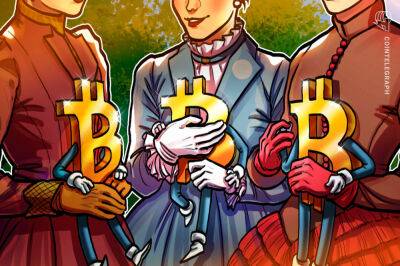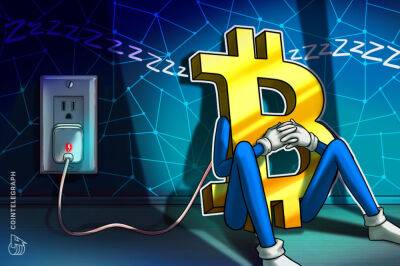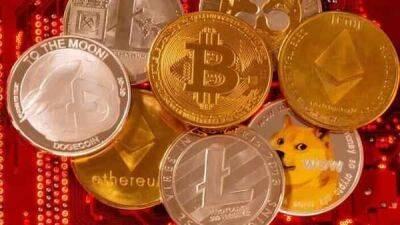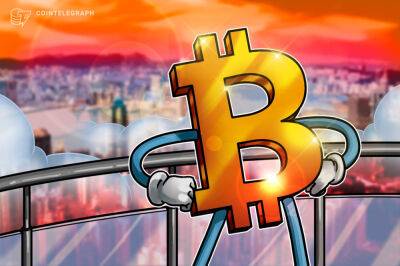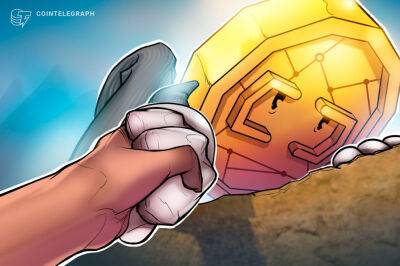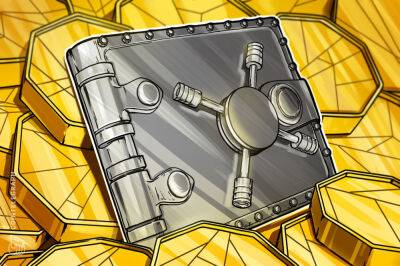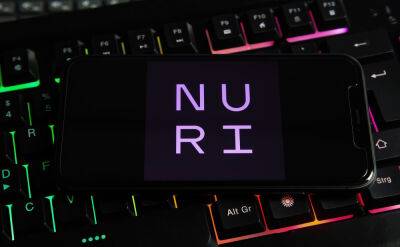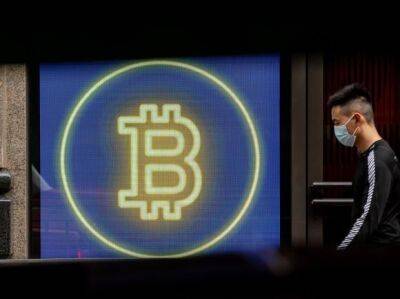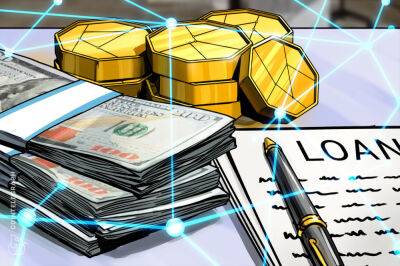Blockchain for sustainable development: The case of Ghana
In modern times of rapid globalization and digitization, technological developments have now reached such proportions that the usage of cryptocurrencies is no new phenomenon. The technology behind blockchain opens the internet for financial services by replacing trust, a fundamental component of the financial system for centuries, with transparency integrated into a decentralized network. Thereby, blockchain bears the potential to help achieve the United Nations’ Sustainable Development Goals (SDG) by empowering the unbanked, predominantly women, reducing transaction fees as well as creating an alternative source of liquidity.
Only 57.7% of adults in Ghana in 2021 had a bank account. Unable to afford participation in the formal financial system, the poor find themselves paying the most for fundamental financial services. Moreover, there is a multiplier effect inherent with the economic participation of women that takes wide-ranging consequences respecting a number of SDGs.
Related: The UN’s ‘decade of delivery’ needs blockchain to succeed
Financial inclusion may alleviate poverty, improve health and well-being, gender equality, take a positive effect on children’s education, and more. Access to affordable financial services thus becomes a catalyst for economic growth and opportunity. Simply put, there is a lot at stake here. Let’s dig into it.
Sharing borders with the Ivory Coast, Burkina Faso and Togo, Ghana lies in the heart of West Africa. The population is about 32 million, and besides various tribal languages, English is one of the recognized national languages. Frequently seen as West Africa’s economic powerhouse, in 2020, the country’s purchasing power parity (gross domestic product per capita) was around $5,744
Read more on cointelegraph.com
 cointelegraph.com
cointelegraph.com
